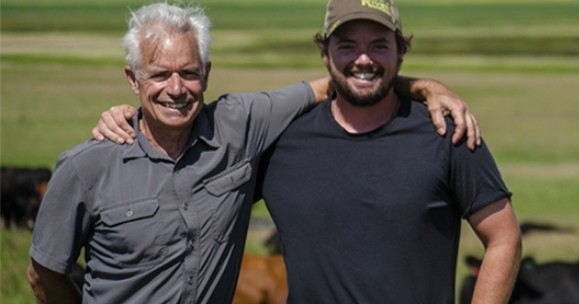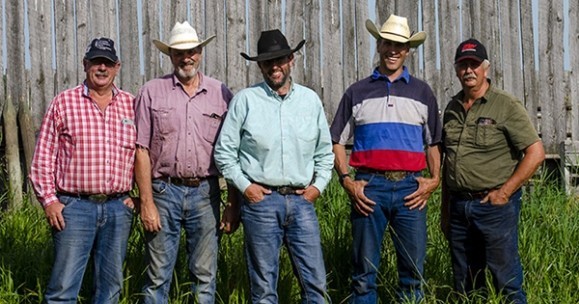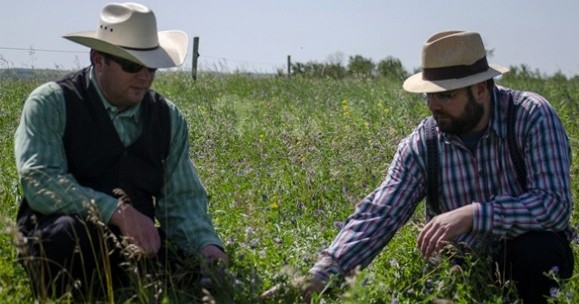Our Story
From our pastures to your plate, Prairie Ranchers Beef delivers premium grass-fed and finished beef raised with purpose on Western Canada's Prairies.
For generations, our ranching families have honoured traditional methods while embracing regenerative ranching - nurturing our soil, raising cattle with respect, and producing exceptionally flavourful, nutrient-rich beef.
We believe that how your food is raised matters - to your health, to our environment, and to the future of local agriculture. That's why we oversee every step of our process, ensuring the highest standards from our family farms to your family's table.
The PRB Process
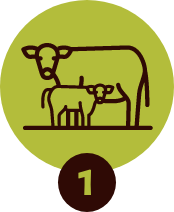
Cows are bred and selected for the maximization of nutrient-rich grasses into beautifully marbled beef.

Cattle are fed and finished with nutrient-rich grasses and forages (silage and hay) for their entire life.

Cattle are humanely and respectfully harvested and meat is processed and packaged for maximum freshness.

Farm-fresh and nutritious meat is then delivered directly to your family’s front door.
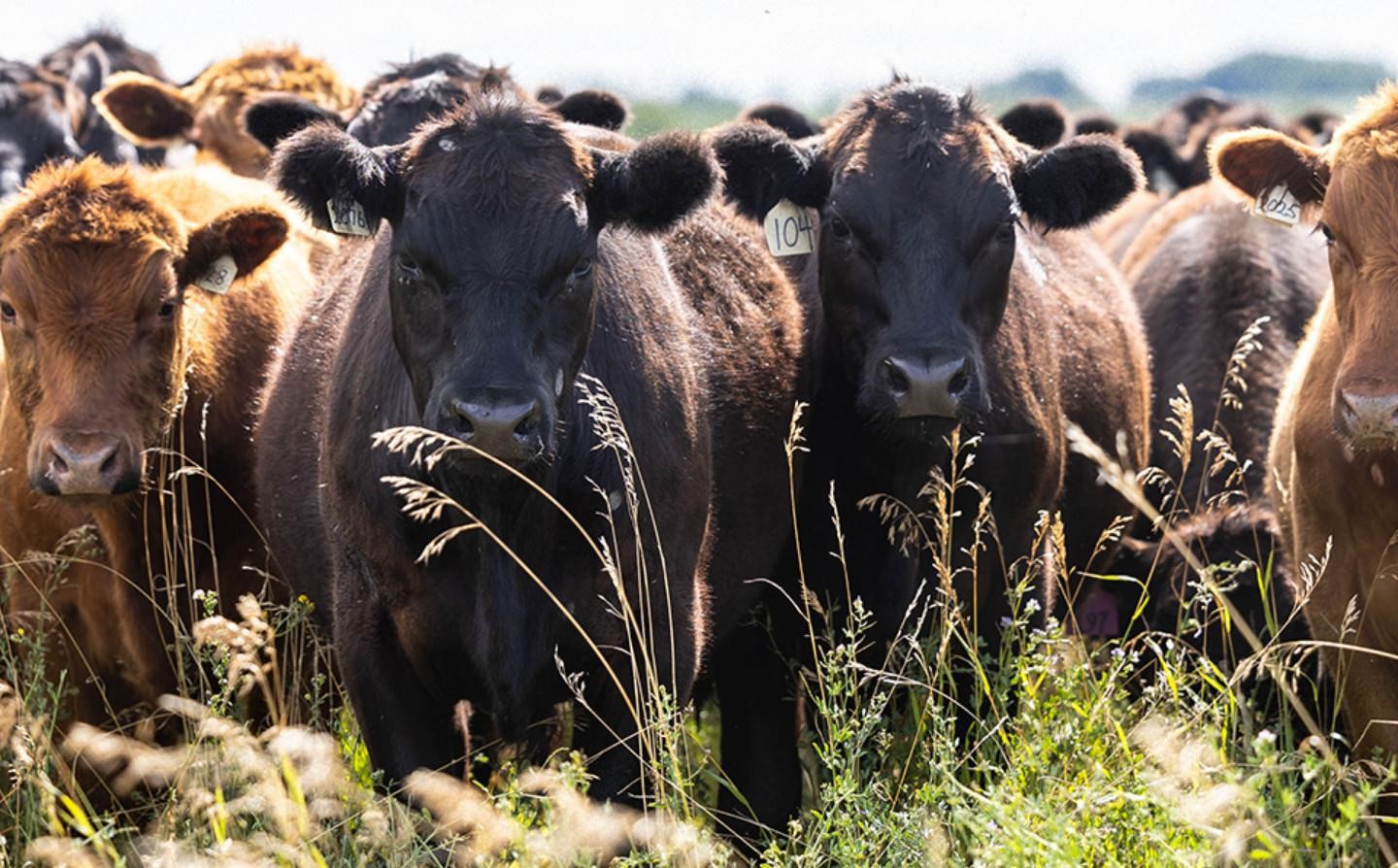
Our Commitment
Discover how our regenerative ranching practices are rebuilding soil health while producing exceptional beef. Learn about the five principles we follow daily, why they matter for your beef's quality and nutrition, and the broader environmental benefits your purchase supports. Prairie Ranchers is committed to a healthier ecosystem with every bite.
Values &
Certifications
What do our values and certifications really mean for your family? Explore the difference between grass-fed and grain-finished beef, our stance on antibiotics and hormones, our humane raising standards, and why our federally-inspected facility matters for quality and safety. We believe in transparency and invite you to see how it translates into great-tasting beef.
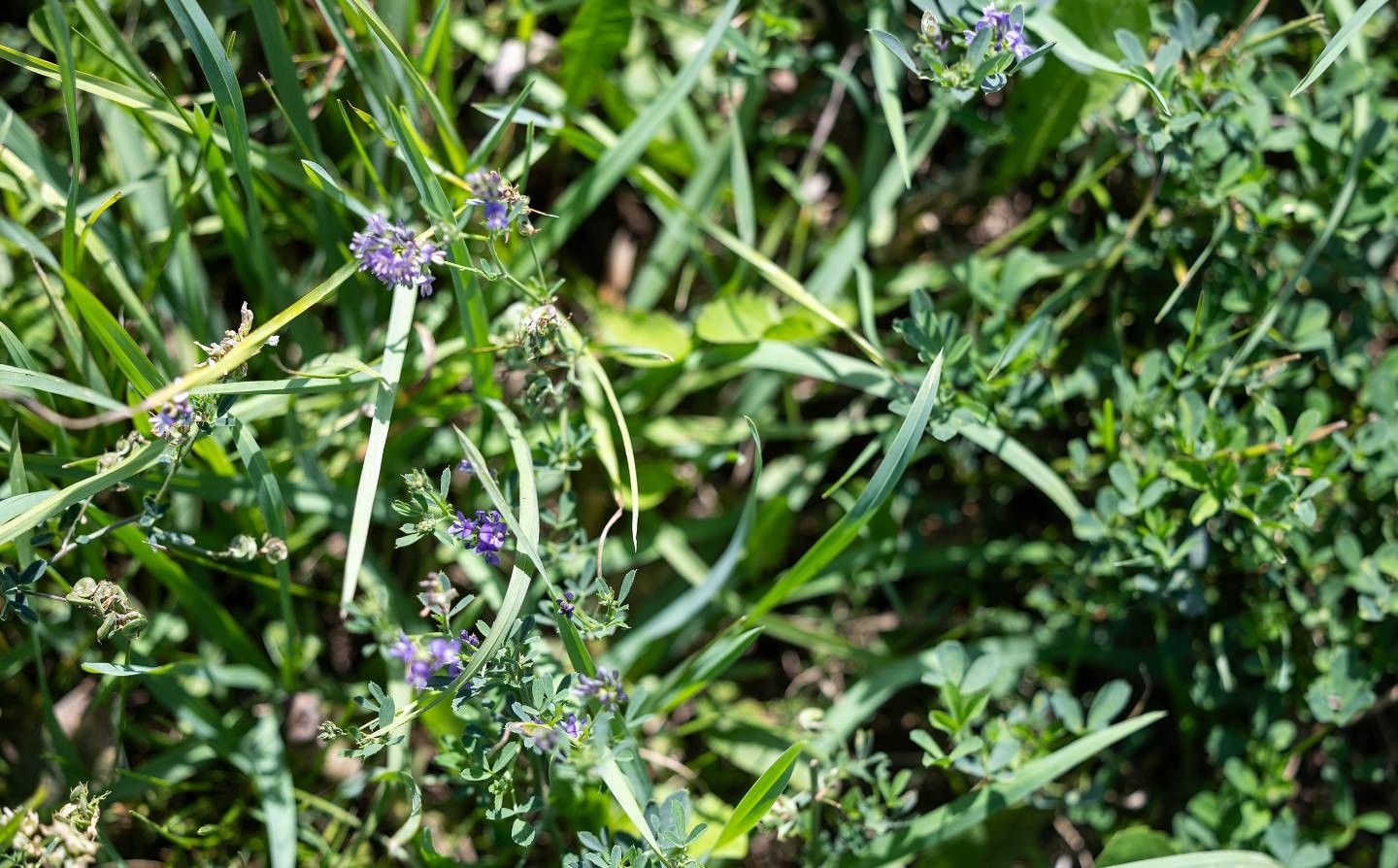
Beef/Animal Welfare
The well-being of our animals is fundamental to everything we do at Prairie Ranchers Beef. Our cattle graze freely on open pastures, enjoying a natural diet of diverse grasses and plants, just as nature intended. In the winter months, when fresh pasture isn't available, they are fed high-quality stored forages, including silage and hay.

